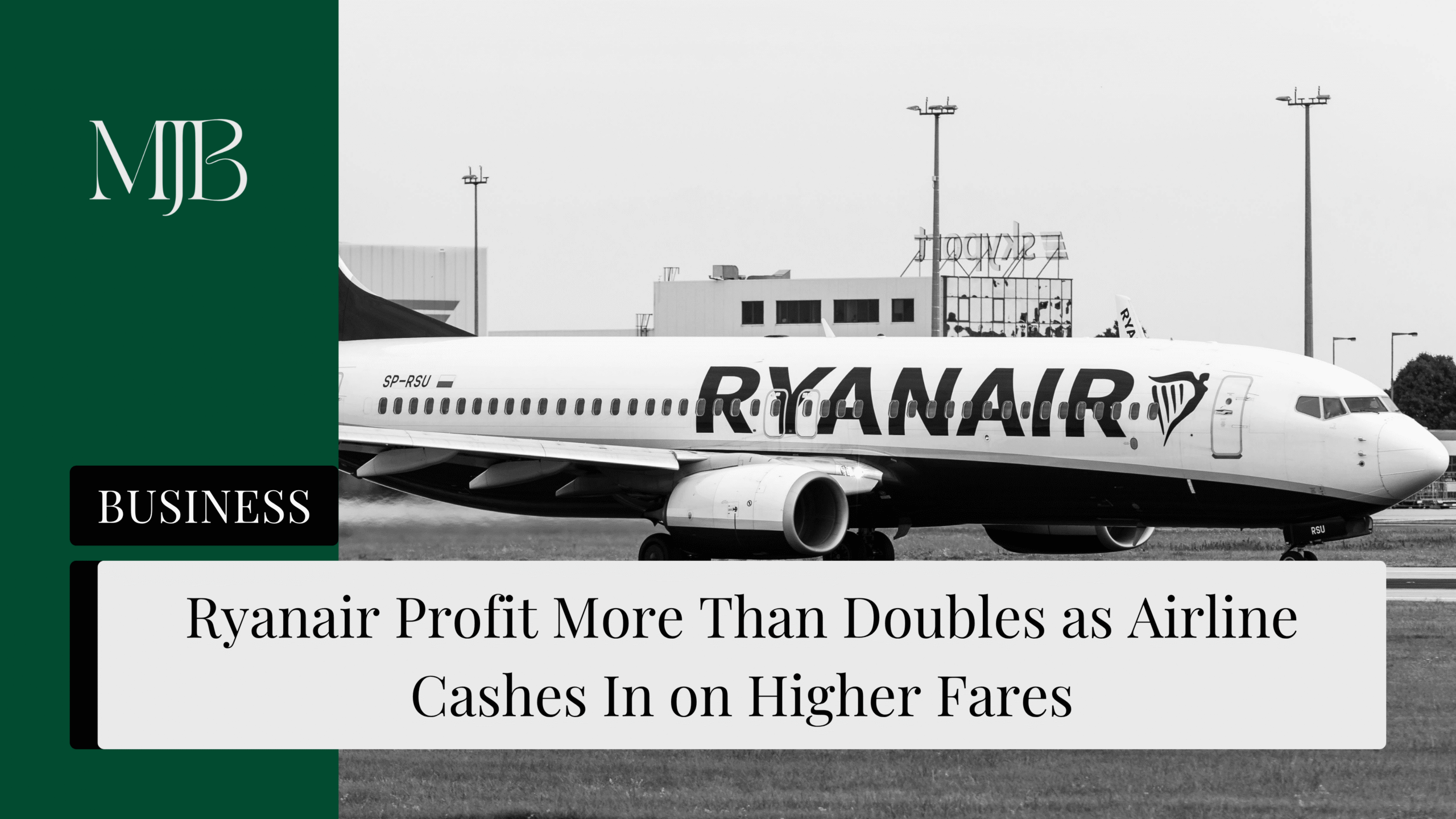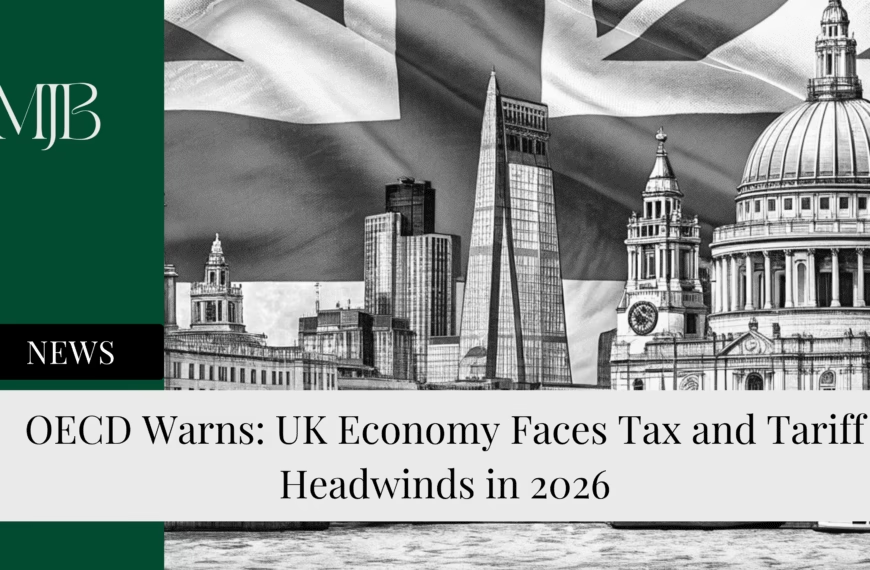Ever wondered what happens when an airline plays its cards right during peak travel season? Ryanair just showed us, with quarterly profits skyrocketing 128% to €820m. The Irish budget carrier’s winning formula? Higher ticket prices, perfect Easter timing, and that signature no-nonsense approach to operations.
While the airline axed over 800 flights due to Middle East conflicts, passenger traffic kept climbing. Here’s how Ryanair turned challenging times into serious cash flow.
The Numbers That Matter: Ryanair’s Profit Explosion
Ryanair’s Q1 results read like a masterclass in airline economics. Profit after tax jumped 128% to €820m (£710m), driven by a hefty 21% bump in ticket prices. Revenue climbed 20% to €4.34bn as 57.9m passengers filled seats at a 94% load factor.
CEO Michael O’Leary credited the Easter holiday timing for the stellar performance. Having the full Easter break in April, compared to a split holiday the year before, meant more families booking those profitable spring getaways.
The contrast is striking—last year’s 16% profit drop from lower fares seems like ancient history now.
Summer Fare Hikes: Passengers Pay More, Airlines Win
After forecasting summer fare increases back in May, Ryanair’s strategy is paying off. The airline’s betting that travel demand stays strong even as prices climb, and so far, they’re right.
O’Leary’s keeping annual profit guidance under wraps, citing everything from Middle East tensions to European air traffic control “mismanagement.” Smart move—external factors are unpredictable, but consumer willingness to pay premium prices for travel remains surprisingly resilient.
Boeing Delays Clip Ryanair’s Wings
Frustratingly however, Ryanair’s full-year passenger growth is capped at just 3% thanks to delayed Boeing deliveries. The airline managed just five new Boeing 737 Gamechangers this quarter, bringing their total fleet to 618 aircraft.
“This summer we’ll operate over 2,600 routes, including 160 new routes,” O’Leary said. Translation: we could grow faster if Boeing actually delivered planes on time.
The airline’s playing favorites with airports that cut aviation taxes and incentivise growth—a shrewd move that maximises profitability per route.
Smart Money Moves: Fuel Hedging Strategy
Ryanair’s fuel hedging strategy might be their secret weapon. With oil markets bouncing around, the airline has locked in 85% of their 2026 fuel costs at $76 per barrel. That’s the kind of forward thinking that separates profitable airlines from the struggling competition.
Key Takeaways: What This Means for Travelers
Ryanair’s profit surge signals a broader shift in airline economics. Budget carriers are discovering they can charge more without losing customers, especially during peak seasons. For travelers, expect continued fare increases as airlines prioritise margins over market share.
The lesson? Book early, stay flexible, and maybe don’t expect those rock-bottom €20 fares to return anytime soon.
FAQ
Q1: Why did Ryanair’s profits increase so dramatically?
A: Higher ticket prices (up 21%) combined with perfect Easter timing drove the 128% profit surge. The airline also benefited from strong travel demand and operational efficiency improvements.
Q2: How are Boeing delays affecting Ryanair’s growth?
A: Delayed Boeing 737 deliveries are limiting passenger growth to just 3% for the full year. Ryanair received only 5 new aircraft this quarter instead of planned deliveries.
Q3: Will Ryanair fares keep rising?
A: Likely yes. The airline forecast summer fare hikes and is seeing strong demand despite higher prices, suggesting they can maintain premium pricing strategies.
Q4: What’s Ryanair’s fuel hedging strategy?
A: They’ve locked in 85% of 2026 fuel costs at $76 per barrel, providing protection against volatile oil markets and cost certainty for future operations.
Q5: How many flights did Ryanair cancel due to Middle East conflicts?
A: Over 800 flights were cancelled last month due to regional conflicts, though overall passenger traffic continued growing despite these operational challenges.
DISCLAIMER
Effective Date: 15th July 2025
The information provided on this website is for informational and educational purposes only and reflects the personal opinions of the author(s). It is not intended as financial, investment, tax, or legal advice.
We are not certified financial advisers. None of the content on this website constitutes a recommendation to buy, sell, or hold any financial product, asset, or service. You should not rely on any information provided here to make financial decisions.
We strongly recommend that you:
- Conduct your own research and due diligence
- Consult with a qualified financial adviser or professional before making any investment or financial decisions
While we strive to ensure that all information is accurate and up to date, we make no guarantees about the completeness, reliability, or suitability of any content on this site.
By using this website, you acknowledge and agree that we are not responsible for any financial loss, damage, or decisions made based on the content presented.






